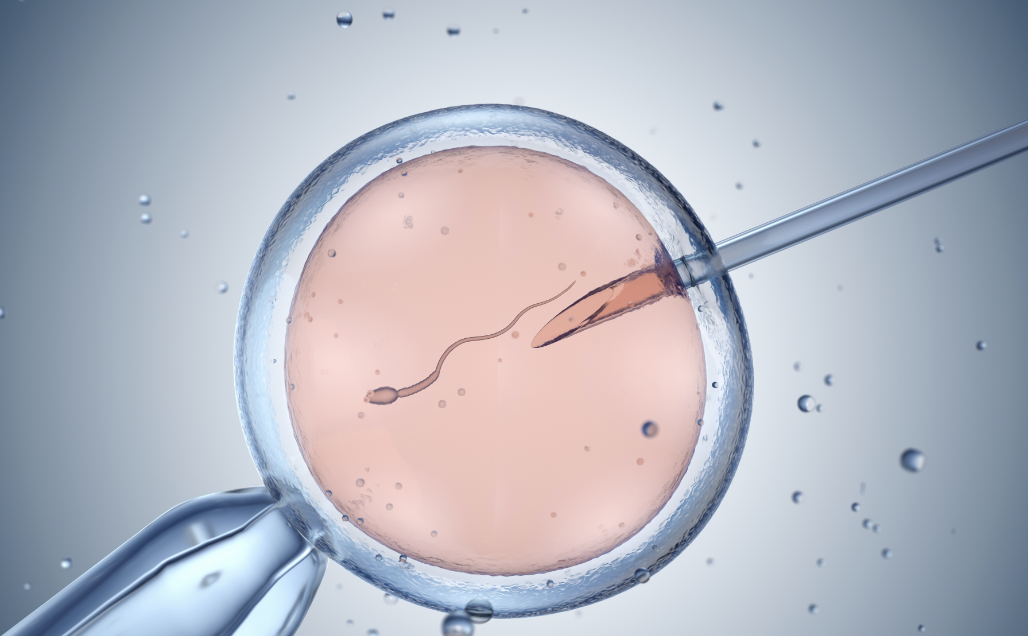Exploring Fertility Treatments Beyond IVF: Comprehensive Guidance for Your Fertility Journey

As you embark on your journey as a parent, knowing about available fertility treatments is important. IVF (In Vitro Fertilisation) is in high demand, although there are other treatments that can work under certain circumstances. Here we outline available fertility treatments, their benefits, and how you can prepare for them. Having proper knowledge will allow you to make confident decisions.
Exploring Fertility Options Other than IVF
IVF is just one of a variety of options for fertility treatment. Other treatments may be preferable, depending upon your own situation. Here are some of the key treatments you should consider:
1. Minimal Stimulation IVF
- Uses fewer doses of fertility drugs compared to standard IVF.
- Helps lower the risk for OHSS (Ovarian Hyper stimulation Syndrome).
- Fewer side effects and a natural way of retrieving eggs are advantages.
For further information, see the Human Fertilisation & Embryology Authority (HFEA) factsheet for IVF.
2. Intracytoplasmic Sperm Injection (ICSI)
Developed for addressing male infertility, ICSI is a technique in which one sperm is injected into an egg.
Offers a direct solution for fertilisation when there’s a problem with sperm quality or sperm quantity.
3. Intrauterine Insemination (IUI)
- A medical technique in which prepared sperm is put into the womb.
- Used most commonly for idiopathic infertility or low-grade male infertility
- The benefits are less effort and lower cost when compared to IVF.
- Learn about IUI in the NHS fertility treatment guidance.
4. ovulation induction
Induces ovulation in women who have no or irregular menstrual cycles using medication.
Oftentimes, combined along with other treatments such as IUI for enhanced success rates.
5. Frozen Embryo Transfers (FET
- Allows for reuse of frozen embryos in future cycles.
- It provides flexibility and reduces the need for repeat cycles of stimulation.
- Received for higher birth weights & improved implantation rates
6. Freezing and Storage of Egg and Sperm
- Offers people an opportunity for maintaining their fertility for their future needs.
- Ideal for people undergoing medical treatments that can affect fertility or for those who wish to delay parenthood.
- Discover the benefits of gamete freezing under NHS Cryopreservation Guidance
7. Egg and Sperm Donation
Suitable for those who cannot use their natural eggs or sperm for reproduction.
Most often applied in cases of genetic disease or poor egg/sperm quality.
8. HyCoSy (Hysterosalpingo-Contrast Sonography)
A diagnostic test employed for assessment of fallopian tube health status.
Assists in determining possible obstacles to conception at an early stage
The appeal of natural and mild IVF
Natural and mild IVF have gained popularity as woman-friendly IVF treatments, offering a gentler approach to fertility treatment. Theyemploy lower doses of fertility drugs and align themselves with your natural cycle.
Benefits of Natural and Mild IVF
Fewer Side Effects: Lowered hormone levels reduce bodily and emotional stress.
Lower Risk of OHSS: A safer treatment for those at risk for ovarian hyperstimulation.
Studies suggest healthier babies at birth when born from natural IVF pregnancies
Discover more about the advantages of natural IVF on the HFEA website
Preparation for fertility treatment
The journey toward receiving fertility treatment can feel daunting. Being properly prepared ensures an easier experience and increases your chances for success.
1. Consult a Fertility Specialist
Schedule an appointment to talk about your choices and your medical history
Specialists can offer treatments based on certain requirements.
2. Learn about the Treatment
Learn about every phase, from testing to post-treatment therapy
Such information as the NHS Fertility Treatment Overview can help.
3. Cultivate a Healthy Lifestyle
Eat a healthful diet, exercise regularly, and control stress Avoid smoking and reduce alcoholic intake, as these tend to impact fertility.
4. Plan Financially
The charges for treatment, drugs, and procedures such as egg or sperm storage need to be explained. Seek funding sources or arrangements for payment where possible.
5. Seek Emotional Support
Fertility treatment can be emotionally challenging. You may find that support groups or talking to a counsellor are useful.
Conclusion:
A Path That’s Right For You Understanding all your fertility treatment options puts you in charge of determining what is right for your goals and for your circumstances. Whatever you choose, from mild and natural IVF or more involved procedures like egg donation, knowing all the treatments available ensures you’re well-informed aswell as ready for next steps. For further information about fertility treatment and care, see NHS Fertility Guide. To start your search for a private fertility clinics, take your first step here.


 Previous
Previous

